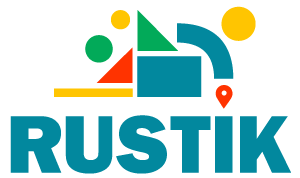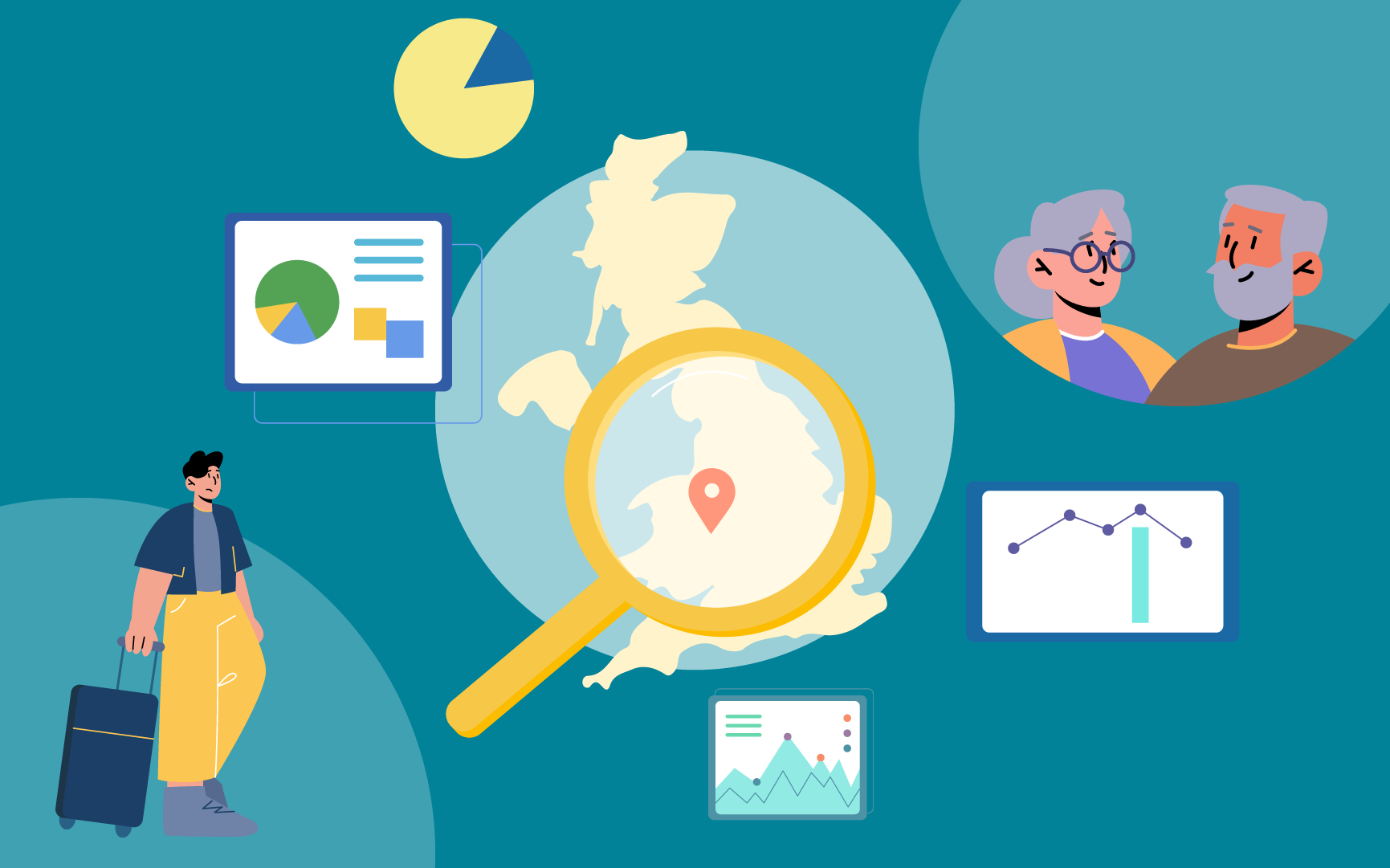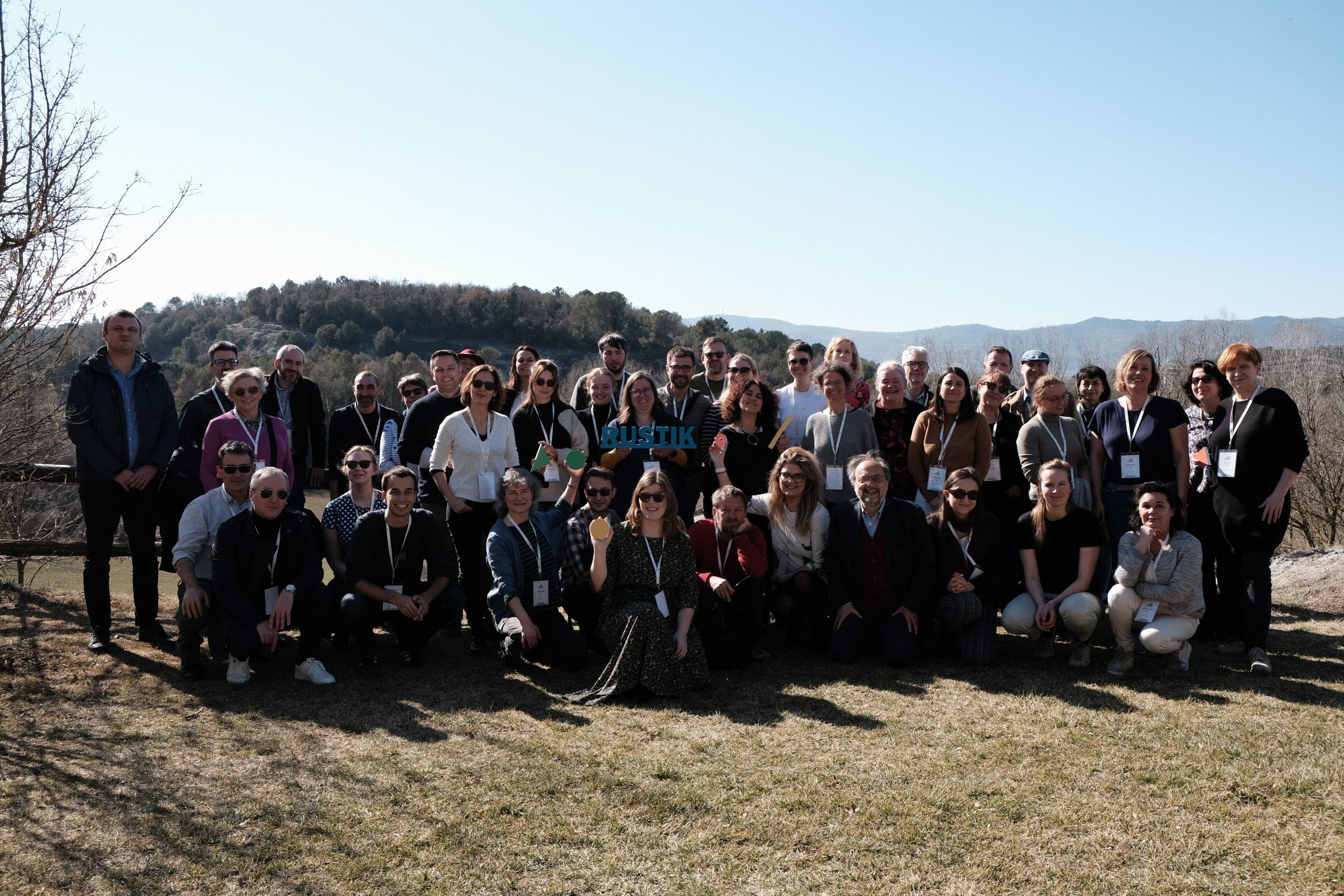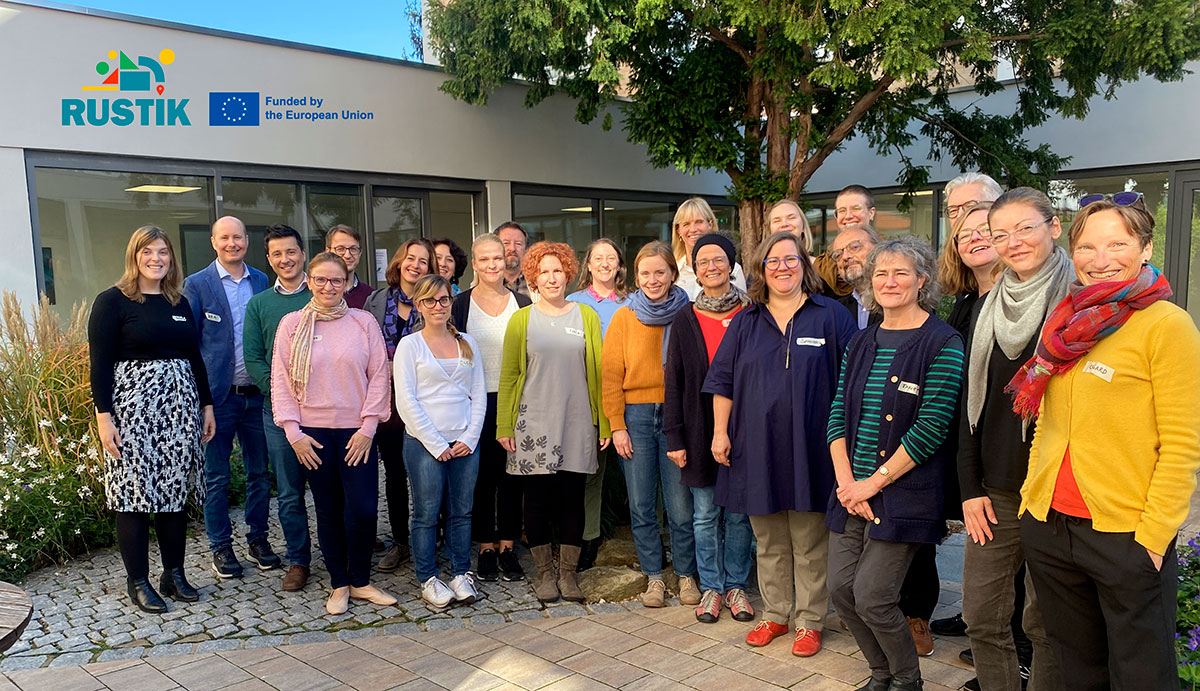In Monmouthshire, the RUSTIK project is collecting data to help Monmouthshire County Council understand issues contributing to the region’s demographic challenge of youth outward-migration and an ageing population. Improving demographic balance is a key strategic objective for the Council and is central to ensuring Monmouthshire’s communities are economically and socially sustainable.
Data collection is being carried out using the Maptionnaire survey tool, alongside community focus groups with young people and younger-working age people who live, work or study within Monmouthshire. The survey and focus groups are aimed at people aged 16-44, and explore people’s views about life and quality of life in Monmouthshire; including availability of suitable housing, employment or education/training opportunities, as well as access to services, transport and leisure.
Original data from the survey and focus groups will be combined with existing local and regional statistics to produce an experimental place-based data viewer, allowing comparison between hyper-local areas within the county. This will provide place-based insights, and quick accessibility of locally relevant quantitative and qualitative data by both the Council and aligned organisations such as housing providers and third sector organisations to inform local decision-making and interventions.
Another version of the survey is aimed at people who do not currently live in Monmouthshire but have a connection with the county. Perhaps they work or study there but live elsewhere, have lived there in the past but moved away, have family there, or may like to live there in the future. The survey seeks to understand what the barriers or the enabling factors are to these groups living in Monmouthshire or making it their future home.
To encourage a high response rate, the RUSTIK team are visiting community spaces across Monmouthshire to speak to residents and visitors about the research, as well as promoting the survey though online channels, and via the newsletters of local community and third sector organisations.




